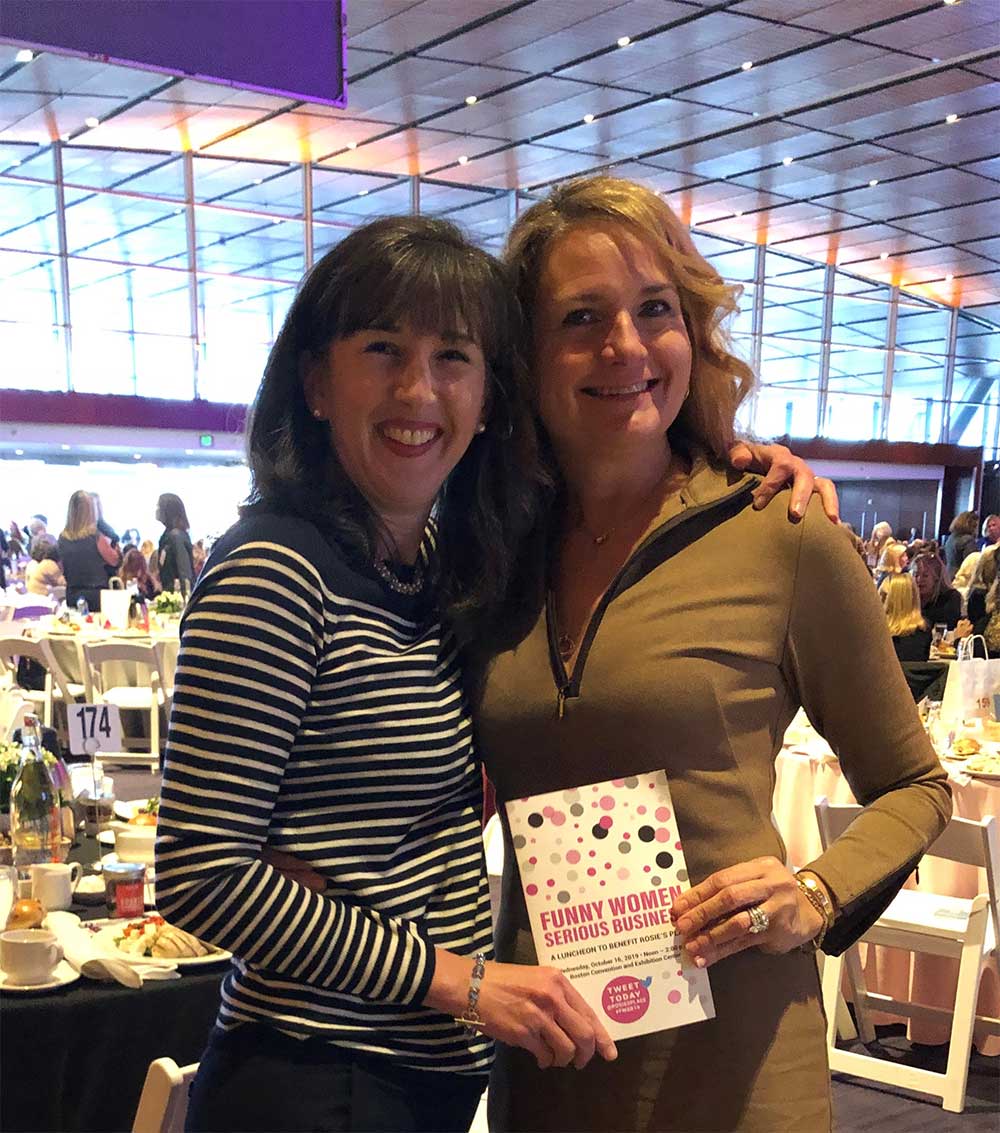Demystifying the mentor/mentee relationship
Demystifying the mentor/mentee relationship
What is mentorship anyway? Jodi R.R. Smith ’90 offers her expertise.

Jodi R. R. Smith ’90
Are you on your best behavior? Jodi R. R. Smith ’90 can be the judge of that. As president and owner of Mannersmith, an etiquette consultant firm specializing in social and professional conduct, Jodi has been promoting better behaviors since 1986. Not only is she an expert educator and UR career coach, but she has been a host, facilitator, and staple at alumni events for many years. Jodi fell in love with the University of Rochester the day she arrived to tour the campus and feels that “not only is it important that I give back to my alma matter, but it is a pleasure to be able to do so.”
Recently, Jodi hosted two virtual workshops aimed at demystifying the mentor/mentee relationship. Building professional relationships is key to getting on the right track with your career, but do you need a mentor, or to be a mentor? What is mentorship anyway? Here, Jodi offers her top takes on developing a strong bond as a mentor, or mentee, and how during these uncertain times you can still advance your career with great connections.
What are some common networking misconceptions people have?
The most common misconception is that it is up to the mentor to lead the relationship. Ideally, it is the mentee who is scheduling the meetings, asking the questions, and requesting specific feedback. This can be difficult due to the perceived power difference. The best way for a mentee to overcome the initial inertia is to know that the mentor has already said “yes” and agreed to be of assistance.
How do you recommend people network during these uncertain times?
As we all traverse a world of uncertainty with the COVID-19 pandemic, and in-person business networking has quieted, how can young professionals, or even seasoned professionals, take advantage of the digital world to make contacts that are meaningful?
Now is an amazing time to have a mentor/mentee relationship. Our normal routines have been disrupted. Many people are now working from home and that commute-time is found-time in their schedules. This pandemic pause allows us a moment to really reflect on who we are and where we want to be as time moves forward. A bit of self-assessment will open the opportunity to learn from a mentor or to make the world a bit better by mentoring others.
“In today’s modern world, we all have the ability to be both a mentor and a mentee at any point in time. Learning is a lifelong pursuit…when we are not learning, we should be teaching others.”
Think of those already part of your network who may be able to mentor you. Reach out to them to arrange an introductory conversation. Interview them, ask questions, thank them, and then decide if you would like to approach them to be a mentor. I recommend starting with an email, then following up to arrange a telephone call or video conversation.
What are some important networking resources out there, especially in the Boston area?

Jodi R.R. Smith ’90 and mentor Meghan Daly Lippman ’88 at the 2019 Rosie’s Place fundraising luncheon. Rosie’s Place is the first homeless shelter for women in Boston.
I often get asked if there are there any specific tools or resources within the greater Boston area that the UR community in that region can take advantage of. My go-to answer for anyone is always to start with The Meliora Collective. You can search by name, industry, geographic location, clubs and organizations, and more.
The next resource would be to join the Boston Network group on Facebook. There you can ask questions or post a specific ISO (in search of) to see if you can connect with an appropriate lead. Lastly, while we may not be meeting in-person, there is a Boston network leadership cabinet who is here and happy to help.
Tell us about your personal experience with mentoring.
There is so much flexibility in a mentoring relationship and I have had multiple mentors over the years. A mentor can be short term, helping you through a specific situation or towards a specific goal.
For example, say you are getting ready to lease space for your business and someone who has experience the commercial space market helps to guide you. In this example, you might speak multiple times a day for a few weeks to brainstorm options, roleplay negotiations, or review legal clauses. You could also have a mentor you touch base with only a few times a year, for guidance on your career, over the course of decades.
Mentors can be older, younger, work for the same company, or in a completely different industry. You may speak frequently for a short time or infrequently for a long time—there are many types of mentoring relationships. The commonality is that you are able to learn and take feedback from this person because you value their opinion and expertise.
My first business mentor is still a mentor and friend nearly 30 years later. She was able to help me define my business and she provided me with answers for questions I did not know enough to ask. She also serves as a mentor to my daughter as they coincidentally both attended the same University. It’s pretty incredible that our relationship has now passed to the next generation.
Another mentor in my life, my Phi Sigma Sigma “big sister,” Meghan Daly Lippman ’88, has guided me in my sorority, in college, and in life. She is such an important part of my story and I couldn’t imagine traversing situations without her.
Check out recordings from Jodi’s latest virtual workshops:
— Emily Gillette
Read the previously published Master Class in which Jodi discusses advice for new graduates on navigating a diverse and modern workplace, featured in the July-August 2018 issue of the Rochester Review magazine.


